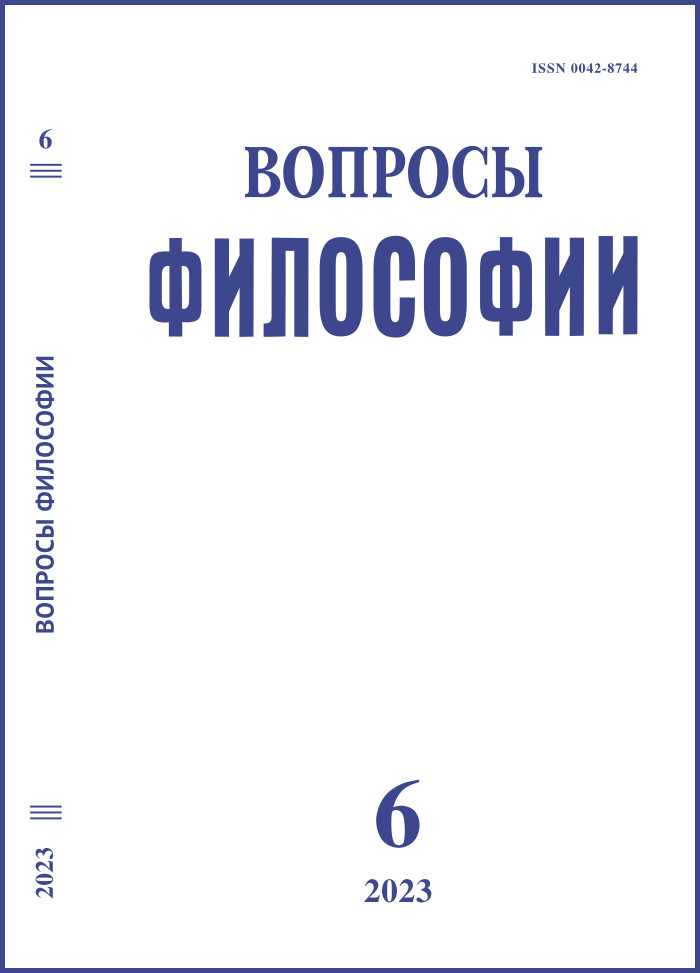Live Face: Pavel Sergeevich Popov about Ivan Vasilyevich Popov (Preface to the Publication of the Chapter “I.V. Popov” from the Memories of P.S. Popov). Popov, Pavel S., I.V. Popov, publ. Semenova, Angelina I.
DOI:
https://doi.org/10.21146/0042-8744-2023-6-124-137Keywords:
history of Russian philosophy, memoirs, P.S. Popov, I.V. Popov, university philosophy, knowledge, faithAbstract
Memoirs about the professor of the Moscow Theological Academy and Moscow University Ivan Vasilyevich Popov (1867–1938) continue the series of publications of separate chapters of the book of memoirs of Pavel Sergeevich Popov (1892–1964) “Images of the past. Memories from university, gymnasium and childhood years”. Immersion in the text of memoirs opens up for us today a wide cultural, historical and existential context, which allows us to take a fresh look at the intellectual heritage of Russian thinkers – the heroes of P.S. Popov’s memoirs. With each new deciphered page of manuscripts of memoirs, the sides and facets of P.S. Popov’s writing talent are fully revealed to the reader. A “smart” chronicler, demonstrating the ability to subtly and extremely reliably reveal the appearance and character of his colleagues, their manner and style of behavior, scientific strategies and features of the movement of thought, the sphere of professional, friendly and family communication, to expose internal and external ideological ties, Popov knows how to subordinate details of the image of the accurately grasped dominant of the personality, its main content, psychologically conditioned motive and aspirations in scientific programs and research. This is how a gallery of portraits of Russian philosophers is compiled, behind each of which, thanks to a stereoscopically recreated figure, the observer will always be able to see not so much an outline of an intellectual biography but a “living face”. In this case, it is thanks to the detailed portrait characteristics that we get the opportunity to discover I.V. Popov not only as a strict rational “theologian”-positivist, as he reveals himself in his works, and as P.S. Popov knew him as a teacher and researcher of medieval philosophy, but also as a deeply and sincerely believing person who, like a true Christian, never talked about his faith, did not put this truly intimate side of his life on display.

